With a focus on sustainable material management and environmentally safe disposals, Society of Indian Automobile Manufacturers (SIAM) in association with Ministry of Environment, Forest and Climate Change (MoEF & CC), Government of India, and Automotive Component Manufacturers Association of India (ACMA), organised a day-long conference titled, “International Material Data System (IMDS) and End of Life Vehicle (ELV) Regulations” in New Delhi on March 18, 2019.
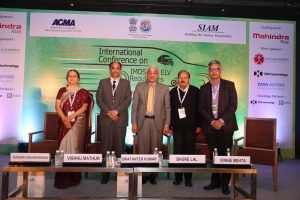
(Left to right) Rashmi Urdhwareshe, Director, ARAI, Vishnu Mathur, Director General SIAM, Chief Guest– Hon’ble Justice Swatanter Kumar, Former Chairman, NGT & Former Judge of Supreme Court, Special Guest of Honor, Bhure Lal, Chairman, EPCA, Vinnie Mehta, Director General, ACMA
The conference, a first-of-its-kind initiative, focussed on sustainable management of materials, tracking of hazardous chemicals, heavy metals, Persistent Organic Pollutants (POPs) etc. to minimise their negative impact on the environment and human health. The data generated at the conference would facilitate the automotive sector, regulatory agencies, R&D institutions and ministries to engage in further discussions, negotiations and actions under the Rotterdam and Stockholm Conventions, for which MoEF & CC is the nodal agency.
In his welcome address, Vishnu Mathur, Director General, SIAM said, “There is a need to institutionalise automobile recycling in India and figure out methods to dispose of ELVs in an environmentally sound manner. The purpose of this conference is to increase our knowledge, create awareness, capacity building and gain insights about IMDS and its regulations.”
Rashmi Urdhwareshe, Director, ARAI said, “We need an integrated approach towards clean air. Fleet modernisation can improve air quality. Private car electrification and the banning of old vehicles are some of the solutions we can look at. Road and public infrastructure pose a serious concern that must be addressed appropriately. There should also be a control on the number of unused vehicles. There are 35 million vehicles plying on roads that have already exceeded the age of 15 years and manufacturers must start using materials that are reusable, the government should announce an ELV policy at the earliest and the ministry must notify AIS 129 standards immediately.”
Stressing on the alarming rates by which vehicles are increasing on the roads and the serious pollution levels caused by them, Dr Bhure Lal, Chairman, EPCA said, “While talking about ELV Regulations, we must consider the sustainability of ecology and environment. We need a policy in place to discard old vehicles as it could pose difficulty in future for humans.”
Justice Swatanter Kumar, Former Chairman, NGT, and former Judge, Supreme Court of India, said, “There are enough laws in regard to utilisation of dismantling material and control of vehicular pollution. We need policies to regulate the unorganised sector. These conferences go a long way in providing workable solutions for issues like vehicular emissions and their negative impacts on the environment. We, as a country, are popular for doing wonders and we can also do wonders when it comes to controlling air pollution.”
In his vote of thanks, Vinnie Mehta, Director General, ACMA said, “The automotive industry has been advocating vehicle scrappage since the past few years and we need to be more conscious of the environmental issues. We’ll do our best to shield the future generations.”
The first technical session saw many eminent speakers from the industry who included Rashmi Urdhwareshe, Director, ARAI, Frank Nottebom, Account Business Executive, DXC Technology, Dr Bharat Kumar Sharma, Additional Director, CPCB, Government of India.
Throwing light on CPCB guidelines for environmentally sound management of end-of-life vehicles, Dr Bharat said, “With rapidly increasing number of vehicles on roads, the proper management, treatment and disposal of vehicles at their end-of-life becomes a pressing problem. The components present in these ELVs pose hazard to the environment as well as human health. Thus, at present we require a proper approach for an ‘Environmentally Sound Management’ of ELVs in India. At the moment, the ELV recycling sector is lacking an enabling framework.”
The second technical session focused on implementation of relevant provisions of national and international regulations. The speakers for this session were: Dr Sharath Pallerla, Director, Ministry of Environment, Forest and Climate Change, and Dr A N Vaidya from NEERI, Government of India.
Explaining the salient features and implementation issues of MSIHC rules, 1989, HOW (M&TM) rules, 2016 in the automotive sector, Dr Pallerla said, “These rules apply to an industrial activity in which a hazardous chemical may be involved. It is important to deal with the safety and environmental aspects associated with hazardous chemicals in the automotive sector so that the authorities can be well-prepared in case of an emergency.”
Dr Vaidya talked in detail about the implementation and challenges of international obligations in the recovery and recycling of hazardous chemicals in the automotive sector. He said, “Automotive industry deals with many regulations. We need to recognise the adverse impact of chemicals on the environment and human health, and take feasible actions to combat it. The aim is to have international integrations in the recovery and recycling of chemicals in the automotive sector.” He further spoke on how international regulations function under different annexures.
The third technical session on ‘Material Data Collection systems and ELV regulations globally,’ included many speakers like Dr Rachna Arora, Deputy Team Leader and Coordinator, Internationale Zusammenarbeit (GIZ) GmbH, Mrs Paurnima Barve, Solution Leader RnDP-PAMDOC, Volvo group, Mrs Nisha Ganesan, IMDS Coordinator, Fiat Chrysler Automobiles N.V., Dr Ishizuka Satoshi, Senior. Advisor, Maruti Suzuki India Limited, Sumit Issar, MD, Mahindra Intertrade, and S Shanmugham, Global Leader, Materials Technology, WABCO India.
In the panel discussion on ‘IMDS Reporting and Challenges for Industry in India,’ witnessed the presence of Frank Nottebom, Account Business Executive, DXC Technology, Shridhar Rajappanavar, Technical Head, PCCS, Rahul Lalwani, Senior Manager, Mahindra & Mahindra, Mrs Asmita Sathaye, DGM, Tata Motors Ltd., Ajith Kumar, Consultant R&D, TVS Motors and Sriniwas Raghavan, Material Science Expert, Brakes India.
Prashant K Banerjee, Executive Director (Tech), SIAM said, “With substantial increase in the number of vehicles in India, our objective is to improve the air quality by focusing on IMDS regulations and vehicle recycling. Although it is being followed in many countries, there is a need to institutionalise the same in India. Through this conference, we have set the stage to have thoughtful discussions on the solutions related to vehicle recycling and how it can improve the air quality to a great extent.”


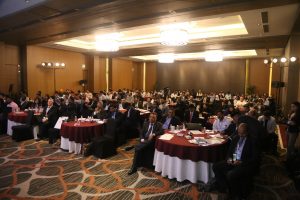

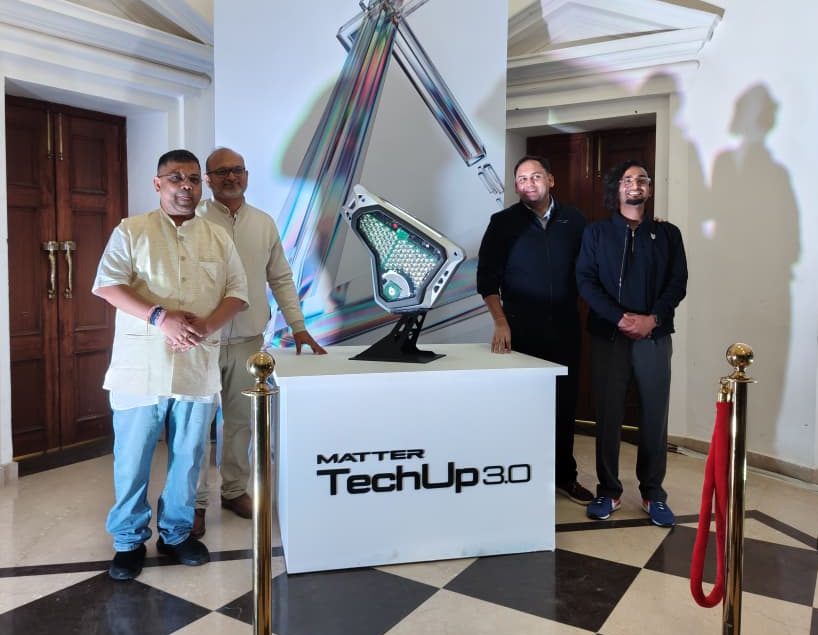
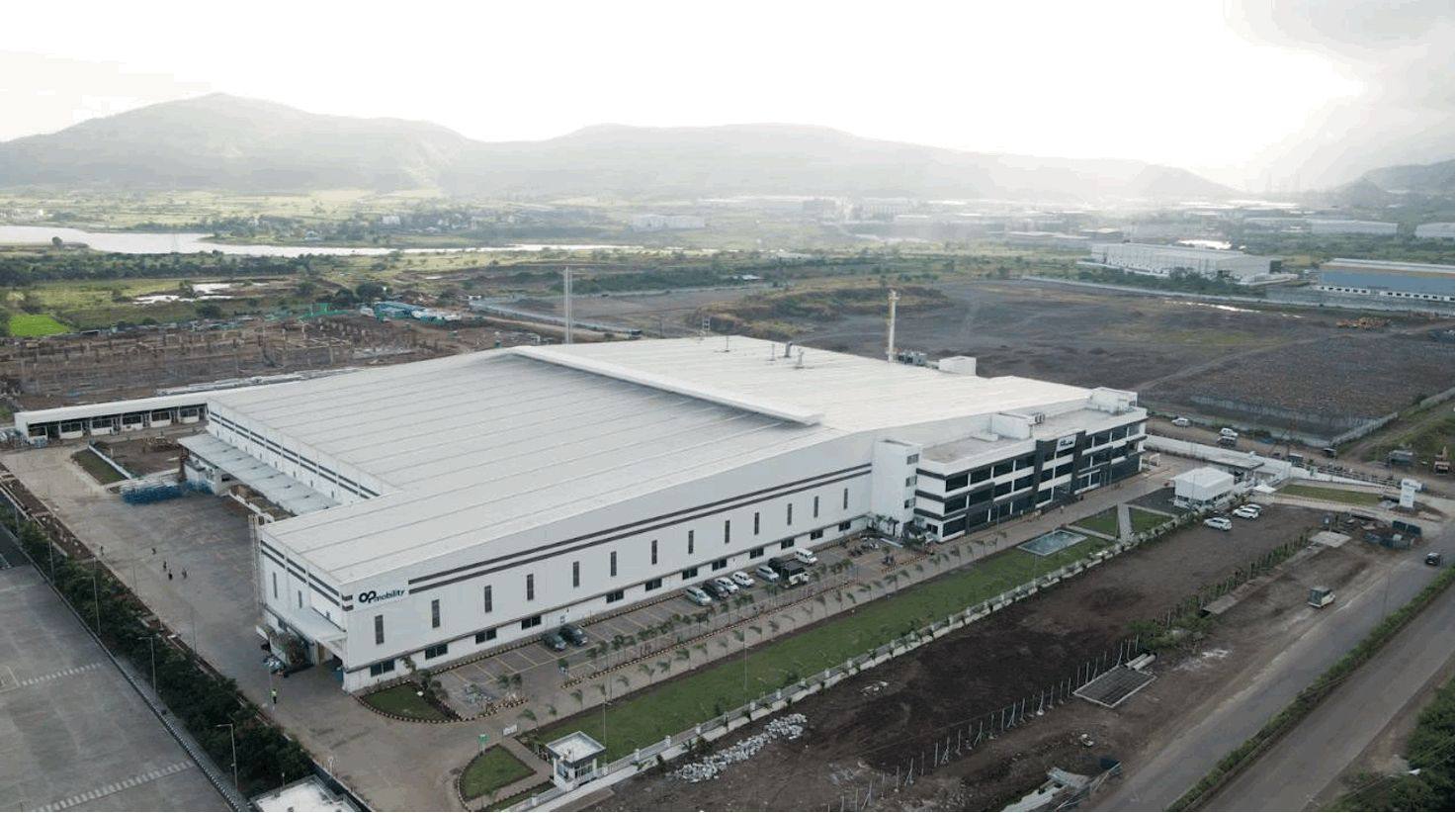
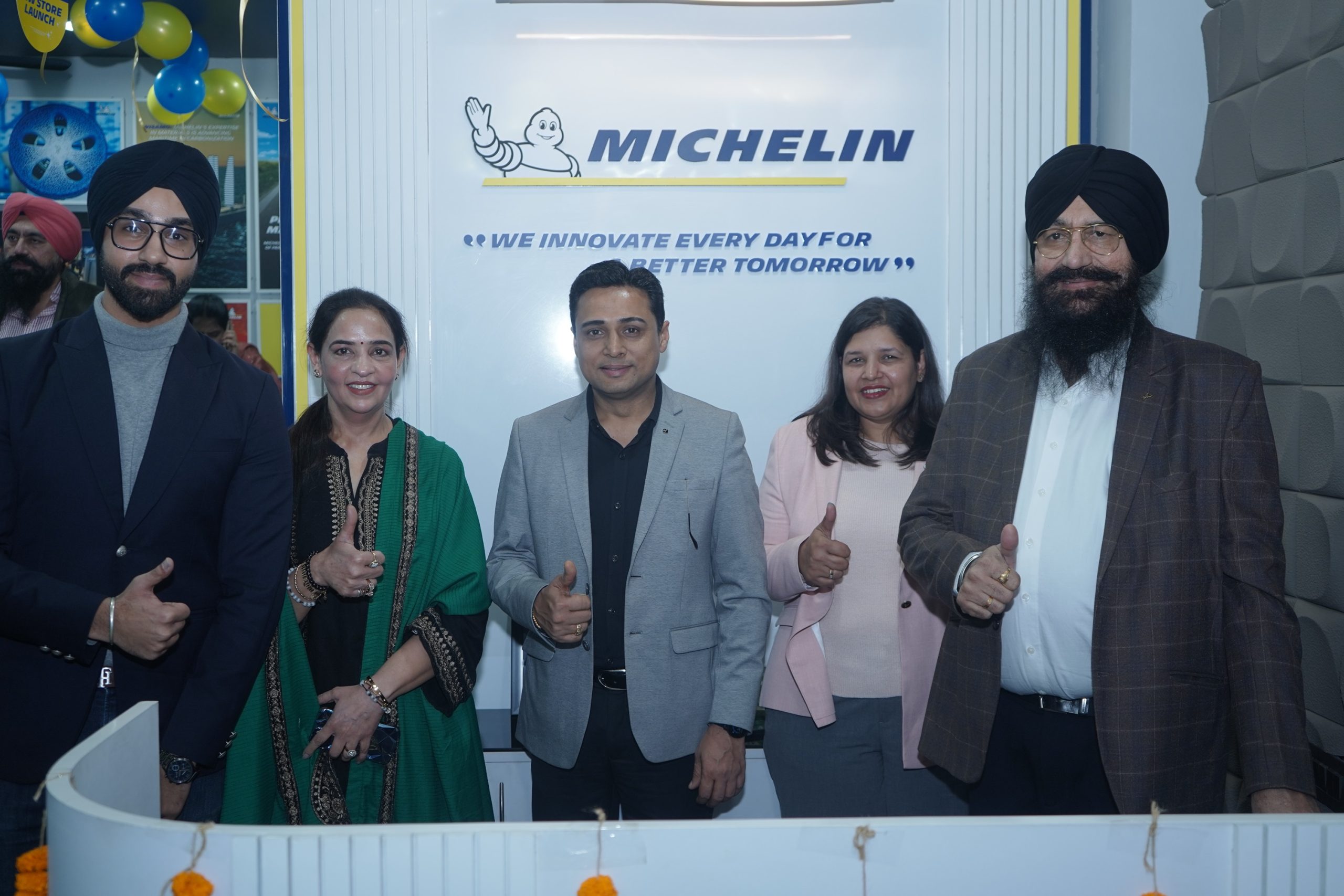
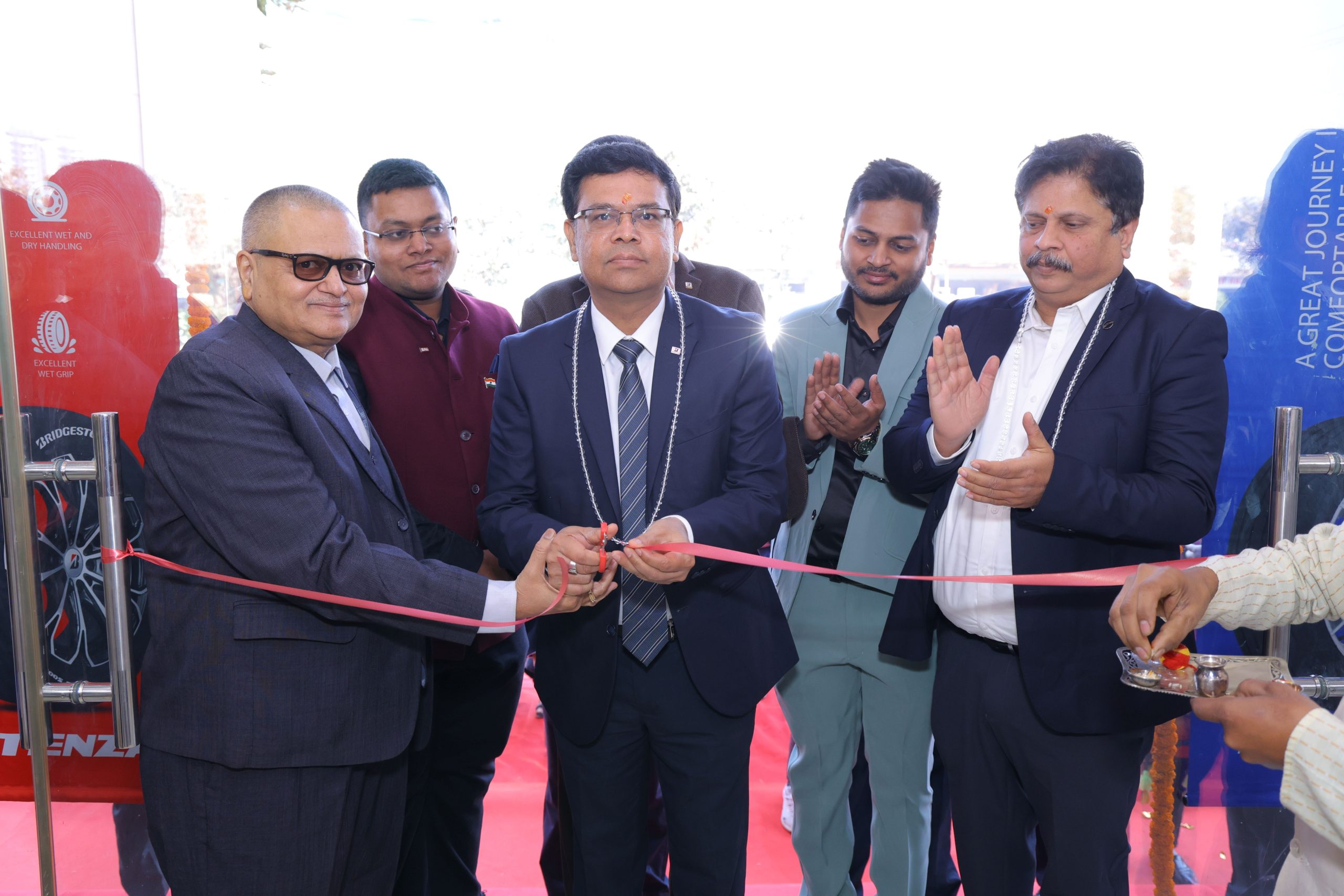
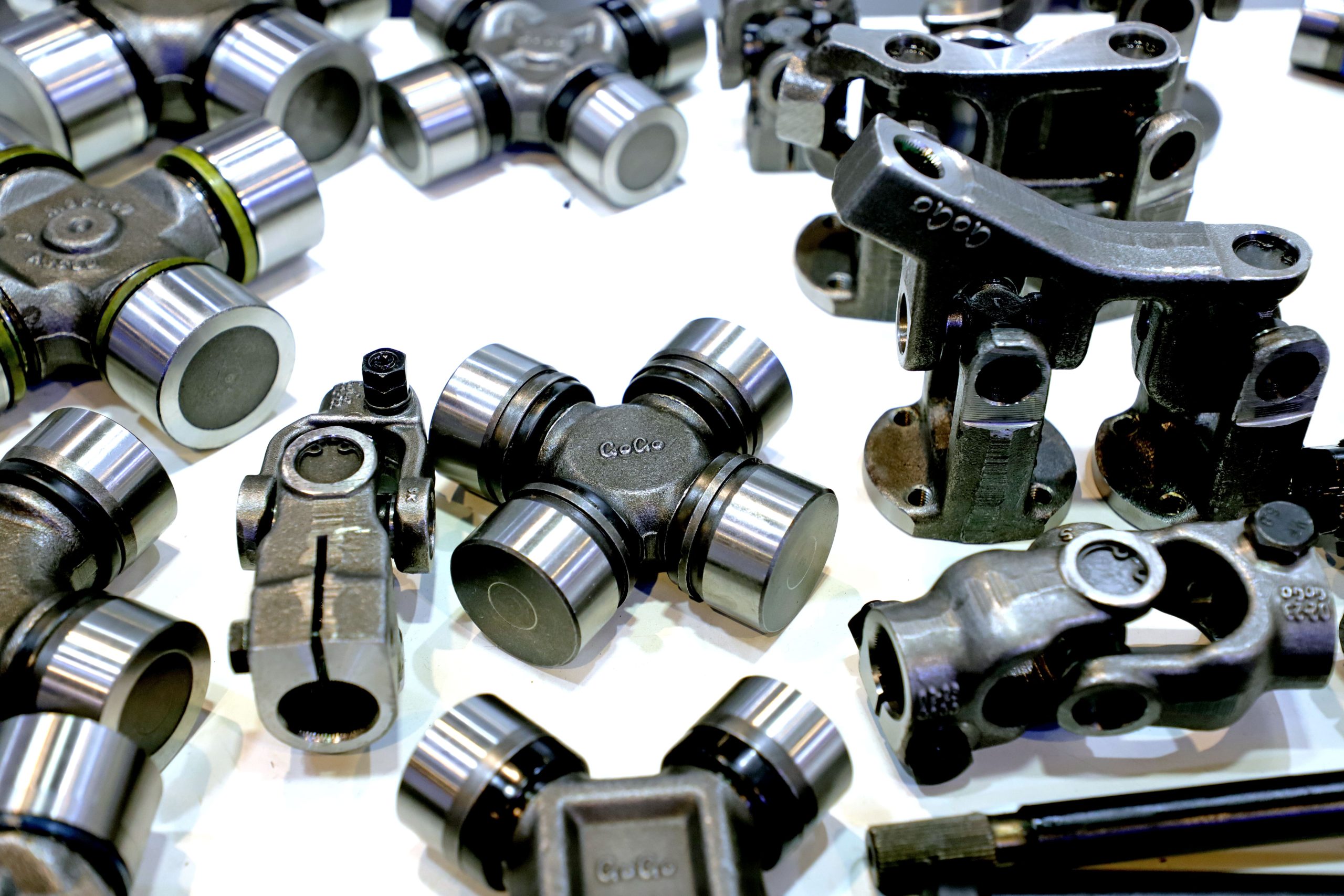
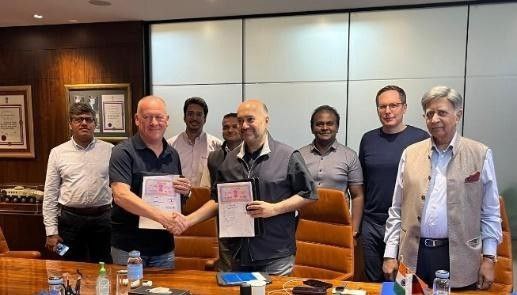
Leave a Reply